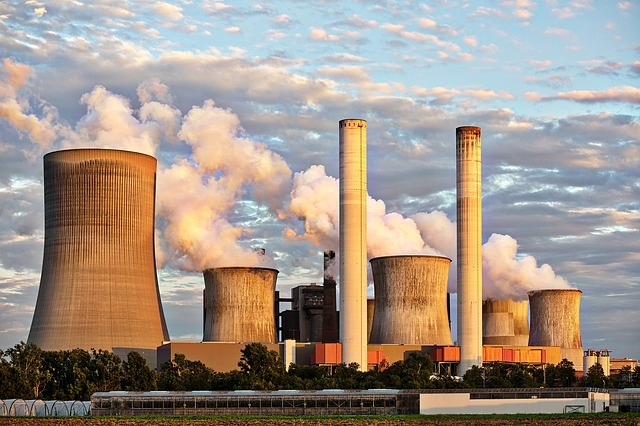Developments in the Energy Sector
The Romanian Energy Regulatory Authority has decided to maintain the current tariffs for domestic end users also as of March 1

Roxana Vasile, 26.02.2019, 13:22
Government decree
no.114, issued late last year, is causing turmoil in Romania even now, two
months since its adoption. On the one hand, the decree stipulates taxes on bank
assets depending on the ROBOR index (the Romanian Interbank Offer Rate, on the
basis of which interests are established on credits in the Romanian currency), amidst
suspicions that banks decide together its value, for their benefit and to the
detriment of the debtors. On the other hand, the same decree 114 provides for a
2% tax on turnover for the companies operating in the energy sector. Against
this background, rumors have circulated over the past few days, according to
which electricity tariffs might go up. In fact, at the end of last week, the
very National Energy Regulatory Authority was claiming that tariffs should be
increased, following the increase in companies’ contribution from 0.1% to 2% of
their turnover, an increase that reflects in the final invoice for every
consumer, be it domestic or industrial. On Monday, however, the same Authority
decided to keep the current tariffs for the domestic end users unchanged even
after March 1st. Following the implementation of the provisions of Decree
no.114, only distribution fees would grow. Gabriel Avacaritei, editor-in-chief
of a specialized web-site explains:
The regulated tariff that
appears on domestic consumers’ electricity bills comprises several components,
and one of them is the distribution tariff. So, the Regulatory Authority has
decided to increase tariffs by different percentages, but still close to 2%,
for the distribution operators and, at the same time, issued a press release, confirming
what it had previously announced, namely that it would establish the price
level for domestic consumers, even after the enforcement of the new ordinance,
at the current level. This is a protection measure for the domestic consumer,
but at the same time a measure that affects in a negative way the rest of the
market, consumers on the competition market, and in fact, indirectly it affects
the domestic consumer too, because everything that is manufactured and the
provision of all services are based on energy consumption, and increased tariffs
for companies will lead to higher prices for goods and services for domestic
consumers as well.
Since its
enforcement, Decree no.114, which was received with great hostility by the
business environment, has been vehemently challenged by the right-wing
opposition, which has called for its abrogation. The Alliance of Liberals and
Democrats, the Social Democratic Party’s junior partner in the ruling
coalition, has requested amendments to the ‘energy’ chapter of the decree.
Finance Minister Eugen Teodorovici has defended the decree, saying that the new
provisions support local authorities and help develop tourism and the construction
sector. However, Teodorovici has admitted that a broader dialogue should have
been held before passing the decree. That is why it is now in Parliament for
debates. On the other hand, Prime Minister Viorica Dancila has stated she wants
to see changes based on reality, not on political bias.






























